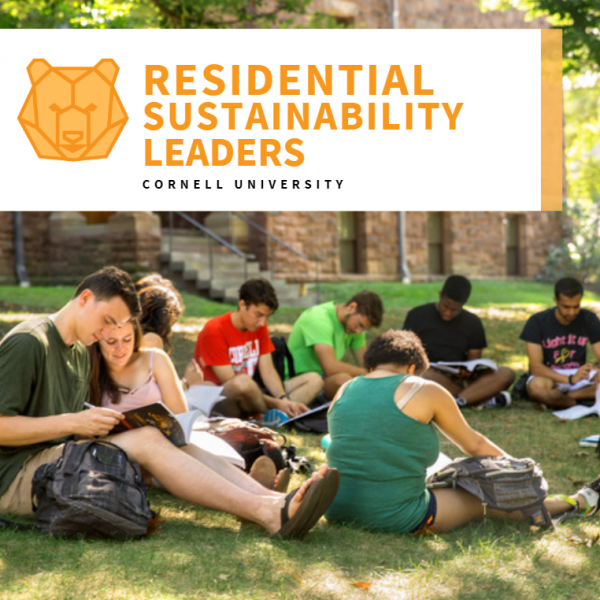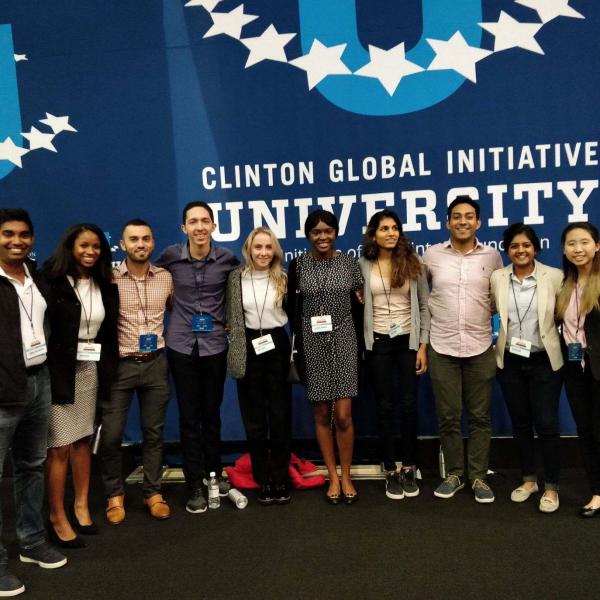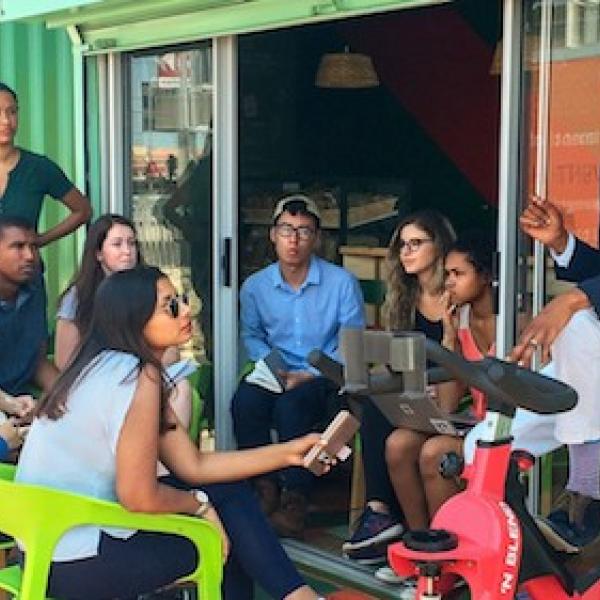Overview
Fall 26 second round rolling until deadline or full.
Learn more about the application process and deadlines for each round.
With over 40,000 students and more than 9,000 employees, the University of Copenhagen is one of the largest institutions of research and education in the Nordic countries and is ranked as one of the best institutions in Europe.
What is unique about this program?
The University of Copenhagen (KU) is a Cornell Global Hub partner university. Global Hubs are Cornell's collaborative centers of engagement around the world. Hubs will give students exciting opportunities for semester-long and short-term study abroad, field experience, participation in faculty-led research, curricular pathways through majors, internships, and more.
The University of Copenhagen offers many courses in English in a variety of subject areas, therefore, prior knowledge of the Danish language is not required for Cornell students to study here. Coursework for undergraduate students consists of a mix of lectures and tutorials. Students at the University of Copenhagen have access to a range of extracurricular activities through university clubs and associations and places affiliated with the university. Examples include sports, music programs, and cultural and social associations.
The University of Copenhagen has four campus areas throughout the city (City Campus, North Campus, South Campus, and Frederiksberg Campus). As distances in Copenhagen are relatively small, it is easy to get from one campus to the other either by bicycle or public transportation. The fall semester teaching period ends in December, but examinations can go into January and could potentially conflict with Cornell's spring semester start dates. University of Copenhagen faculty will do their best to offer early examinations for study abroad students in December, but this cannot be guaranteed. In spring, students are enrolled from early February through late June.
What is unique about Copenhagen?
KU's campus areas are integrated into the city of Copenhagen, and students use the facilities available in the city, adding a lively buzz to the streets and cafés of Copenhagen. While the local language of Copenhagen is Danish, you will find that most people speak English very well. The city center is full of restaurants and there are several pedestrian-friendly shopping areas. In fact, the city is actually built to accommodate pedestrians over vehicle traffic. Most local citizens of Copenhagen choose to commute via bicycle. However, there is an excellent bus and train system available that make commuting easy.
How do I get more information about KU?
- KU's International Education office can be contacted any time at int-admission@adm.ku.dk, and they are happy to answer your questions
- Application and eligibility information
- Link to important Academic information (including academic calendar)
Things to Consider Before Applying
- Review the information on the Education Abroad Office’s Get Started page for important considerations on academics and finances, and a guide to next steps.
- Find answers on the Education Abroad website for Cornell study abroad policy, health, and safety updates
- Connect with past participants to learn more about the on-site experience.
- Still have questions? Visit the Get Advice page and learn how to connect with an Education Abroad Advisor
- Want to keep up to date with Cornellians Abroad? Follow Education Abroad on social media, @Global_Cornell
How do I apply?
Applying to study abroad is a two-step process. For more information, visit Apply for Semester and Year on the Education Abroad website.
For Cornell approval and nomination, click on the "Apply" button on this webpage. Applications are reviewed by Education Abroad. See timeline. Students who secure a space will be invited to commit. Once committed, the Education Abroad Office will nominate you to the exchange partner.
Once nominated by Cornell, complete the external application for exchange students provided by the partner. Schools typically admit the students nominated by exchange partners, but you must complete this process for them to review your application and offer you a place. The timeline for nominations varies greatly by program; you will hear from your Education Abroad Advisor or the program itself when it is time to apply externally.






